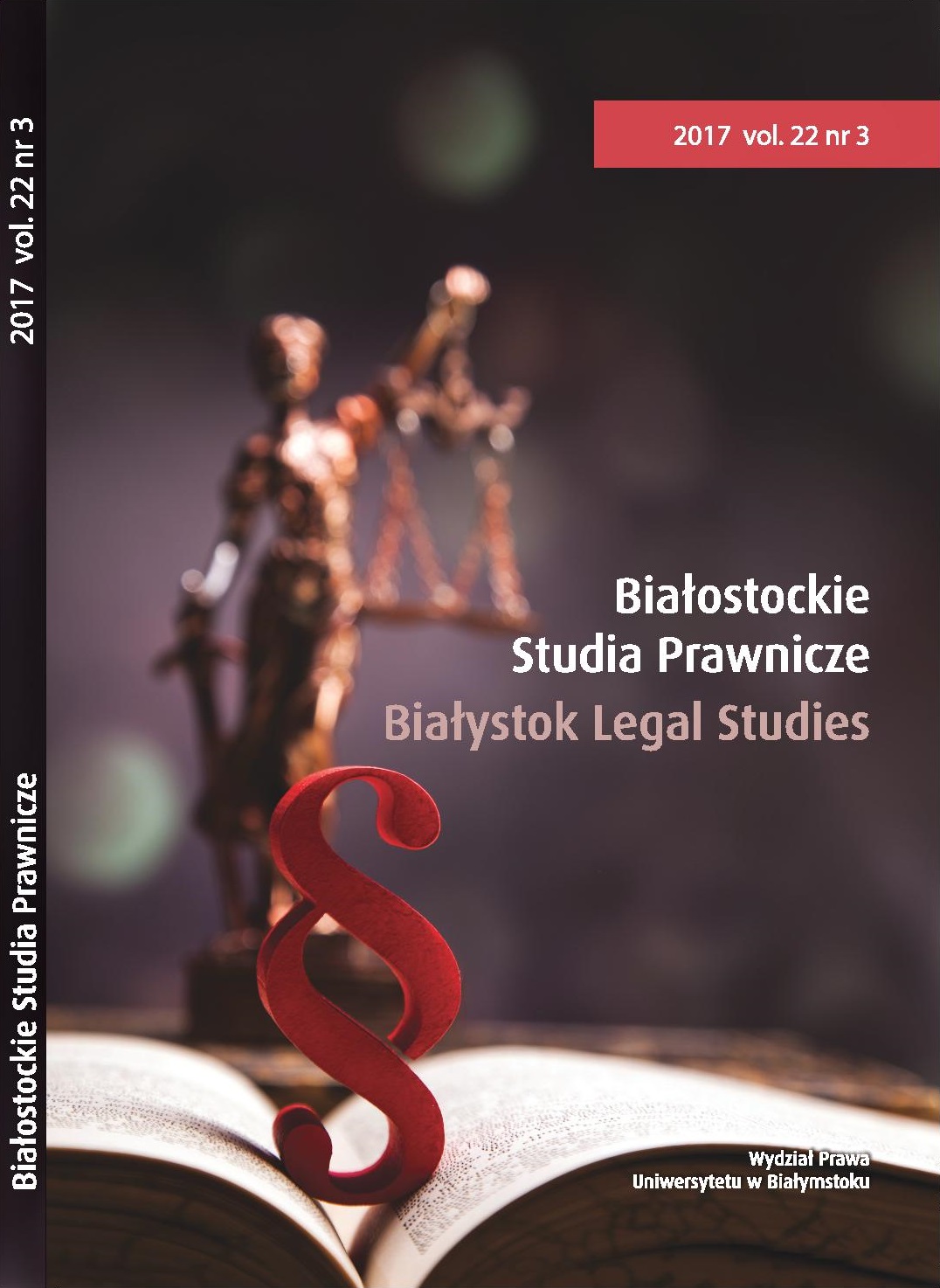Tradycyjne paradygmaty prawa rodzinnego w dobie rewolucji biotechnologicznej
The traditional paradigms of family law in the biotechnological revolution era
Author(s): Anetta BreczkoSubject(s): Law, Constitution, Jurisprudence, Civil Law
Published by: Temida 2
Keywords: Biotechnological revolution; family law; paradigms; marriage; family; procreation; motherhood; fatherhood
Summary/Abstract: The present paper emphasizes the need for changes in traditional paradigms of family law, which becomes even more indispensable in the context of the globalization process, cultural diffusion and biotechnological development. The multiculturalism of modern democratic societies indicates a clear shift in perception of terms such as “marriage” and “family”. Their meaning is significantly extended and deepened. The crisis of “the nuclear family” model becomes remarkable. Concubinage relationships (hetero- and homosexual) are becoming increasingly common and, as such, require legal protection. In that respect, Polish law is still rather archaic and does not take into account the evolution of diverse forms of family life. Moreover, the Biotechnological revolution entails new challenges concerning artificial human reproduction. The former calls for a necessary redefinition of concepts such as “motherhood” and “fatherhood”. The doctrinal debate lacks any rational consideration of the problems mentioned above. The adaptation of Polish law to modern standards – resulting from the broadly understood progress - is still restrained by “ideologizied” political narratives which appeal mainly to Christian anthropology and related Catholic dogmas.
Journal: Białostockie Studia Prawnicze
- Issue Year: 22/2017
- Issue No: 3
- Page Range: 89-106
- Page Count: 18
- Language: Polish

